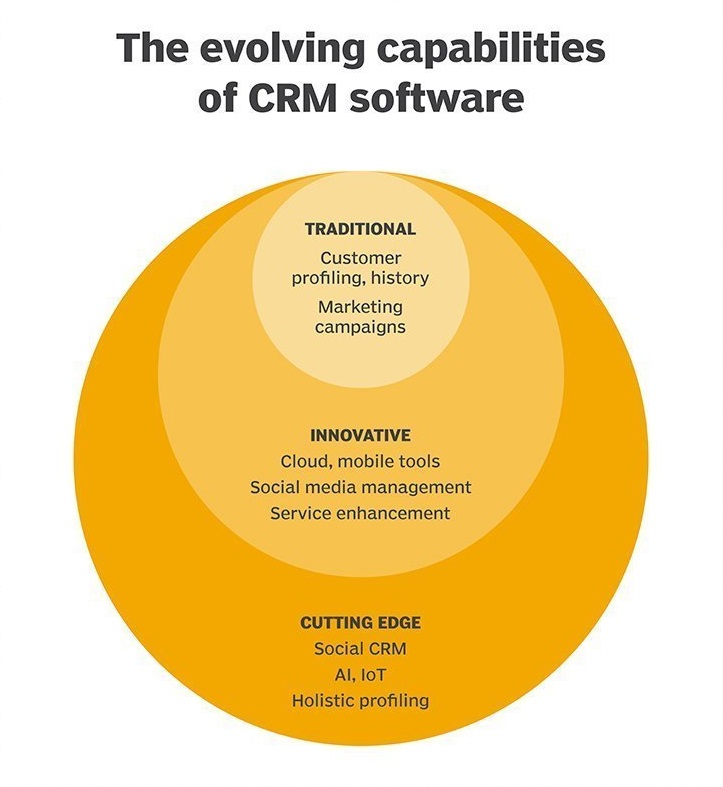Marketing Automation Definition
Marketing automation is a type of software that allows companies to effectively target customers with automated marketing messages across channels including email, websites, social media and text messages to generate sales leads. The technology is a segment of customer relationship management, or CRM, and is typically used by marketing departments as a way to remove repetitive tasks from staff workflows and increase overall marketing efficiency.
Often, a brand will use multiple marketing automation tools, referred to as the marketing technology — or martech — stack. These marketing automation platforms assist in lead generation via email marketing, chatbots hosted on social media or websites, and other channels such as short message service (SMS) text. Marketing automation tools extend the reach of marketing campaigns, creating inbound marketing, a term some vendors use to refer to the strategy of finding prospects for top- to mid-funnel via personalization of pitches derived through analytics tools which segment customers into different groups for different approaches.
Marketing automation features
Marketing automation software manages the online element of a marketing campaign, including data analytics that can create more precise personalization of content to individual customers to drive engagement and revenue.
Artificial intelligence (AI) applications such as chatbots can help automate the delivery of that information or direct potential customers to webpages, online documents or forms that help create sales or gauge a potential customer’s current or future interest in purchasing a company’s goods or services. Marketing automation tools can also administer customer satisfaction and product usage surveys and then collect, measure and segment the response data.
- Account-based marketing
- Analytics for CRM
- Campaign management
- Inbound marketing
- Lead management
- Marketing ROI
- Targeting and segmentation
- Social marketing
Benefits of using marketing automation
Business-to-business (B2B) and business-to-consumer (B2C) companies both can benefit from this technology. Both can use marketing automation platforms to keep their marketing materials current and deliver it to the customers most likely to act on it — without over-communicating with the customers who are less likely to act on the information.
B2C companies, however, probably have the most to gain from marketing automation technologies, as they can reach larger segments of their customers with personalized messages than they could afford to without it. In the past, B2C brands may have sent the same email to all of their customers in regular intervals, which, at best, got a marginal return and, at worst, turned off otherwise loyal customers with off-topic communications.
Marketing automation platforms allow companies to deliver promotions on, say, flash sales, to small segments of the customer universe based on targeted campaign objectives, or revenue goals for a particular territory or population. AI and analytics tools either can or soon will be able to create predictive models that can drive even more revenue with fewer customers contacted per campaign, depending on the tool and to which CRM platform it connects.
Marketing automation tools and software
Marketing automation plugs into a company’s CRM system, which, typically, has its own native marketing automation cloud service (such as Salesforce Pardot and Oracle Eloqua). Eloqua will work with other CRM platforms that compete with Oracle’s, and Marketo, an independent marketing automation platform, will work with Salesforce, Oracle, Microsoft and other CRM systems. HubSpot also is a popular marketing automation platform that has its own CRM backbone.
This becomes important when a company’s marketing operations rely on a survey, email, social media or chatbot app for inbound lead-generation efforts that plug into Marketo or Eloqua, which, in turn, allows those marketing processes to continue regardless of which CRM the company uses. In effect, they act as middleware connecting the thousands of niche marketing automation tools and large CRM systems, where a company’s customer data resides.
